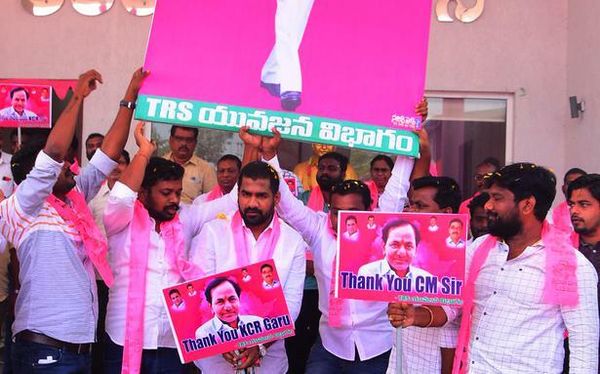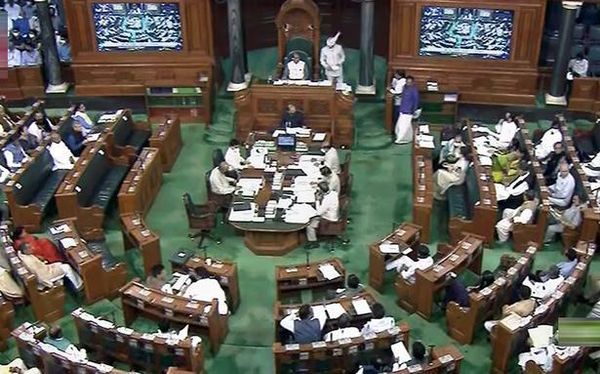The Supreme Court on Monday decided to start hearing in April a series of petitions challenging the criteria fixed by the government to identify economically weaker sections (EWS) of society for granting 10% reservation in education and jobs. A Bench led by Justice D.Y. Chandrachud listed the case on April 28 and asked the parties to file short notes on their submissions a week before the date.
The court has primarily raised the question about the government’s decision to fix ₹8 lakh as annual income limit. On January 17, 2019, the government had released an official memorandum (OM) informing that families earning a gross annual income below ₹8 lakh would be identified as EWS for benefit of reservation. The OM was issued just three days before the Constitution (One Hundred and Third) Amendment Act, which introduced EWS quota, came into force on January 14, 2019.
The court had even wondered whether the ₹8 lakh threshold was “largely based” on the criterion to identify creamy layer in OBC quota.
An expert committee headed by former finance secretary Ajay Bhushan Pandey, formed by the government to review the ₹8 lakh limit, had in its report maintained that the financial threshold was not a “mechanical adoption” of the OBC creamy layer cut-off.
Explained | What has the Supreme Court ruled on ‘creamy layer’?
“The review committee seems to be just trying to justify the ₹8 lakh limit post facto... They have done their best to justify the ₹8 lakh limit,” Justice Chandrachud remarked.
The government had defended the annual income limit. Solicitor General Tushar Mehta had asked in court whether anybody with “common sense” would think ₹8 lakh was an “irrational” income limit for determining EWS. He had said that EWS had “stricter criterion” and it considered the gross annual income of the family and not just that of the individual seeking reservation benefits.
Mr. Mehta referred to the Pandey committee report, which said the ₹8 lakh criterion struck a “fine balance” between over-inclusion and inclusion errors. Mr. Mehta had said the constitutional term “economically weaker” does not mean those below the poverty line, but people in the low income groups, who may have small savings, but not enough to reap the benefits of a good higher education in the best universities like others.
Mr. Mehta had also denied assertions that the ₹8 lakh criterion was a leaf out of the OBC creamy layer cut-off.










